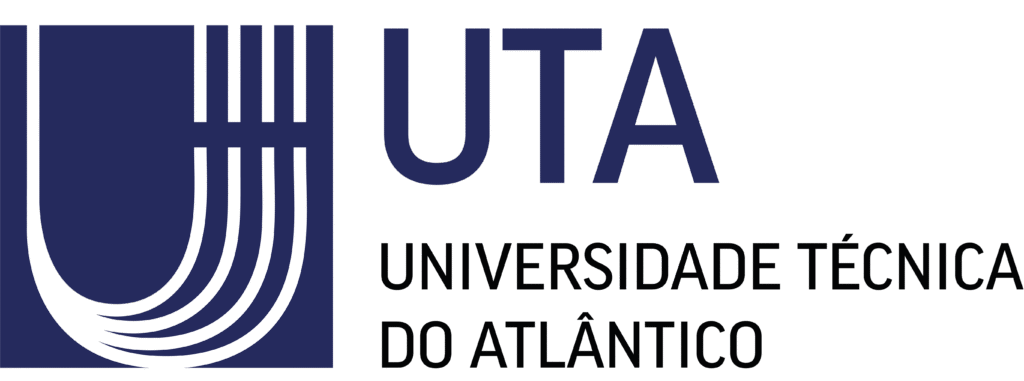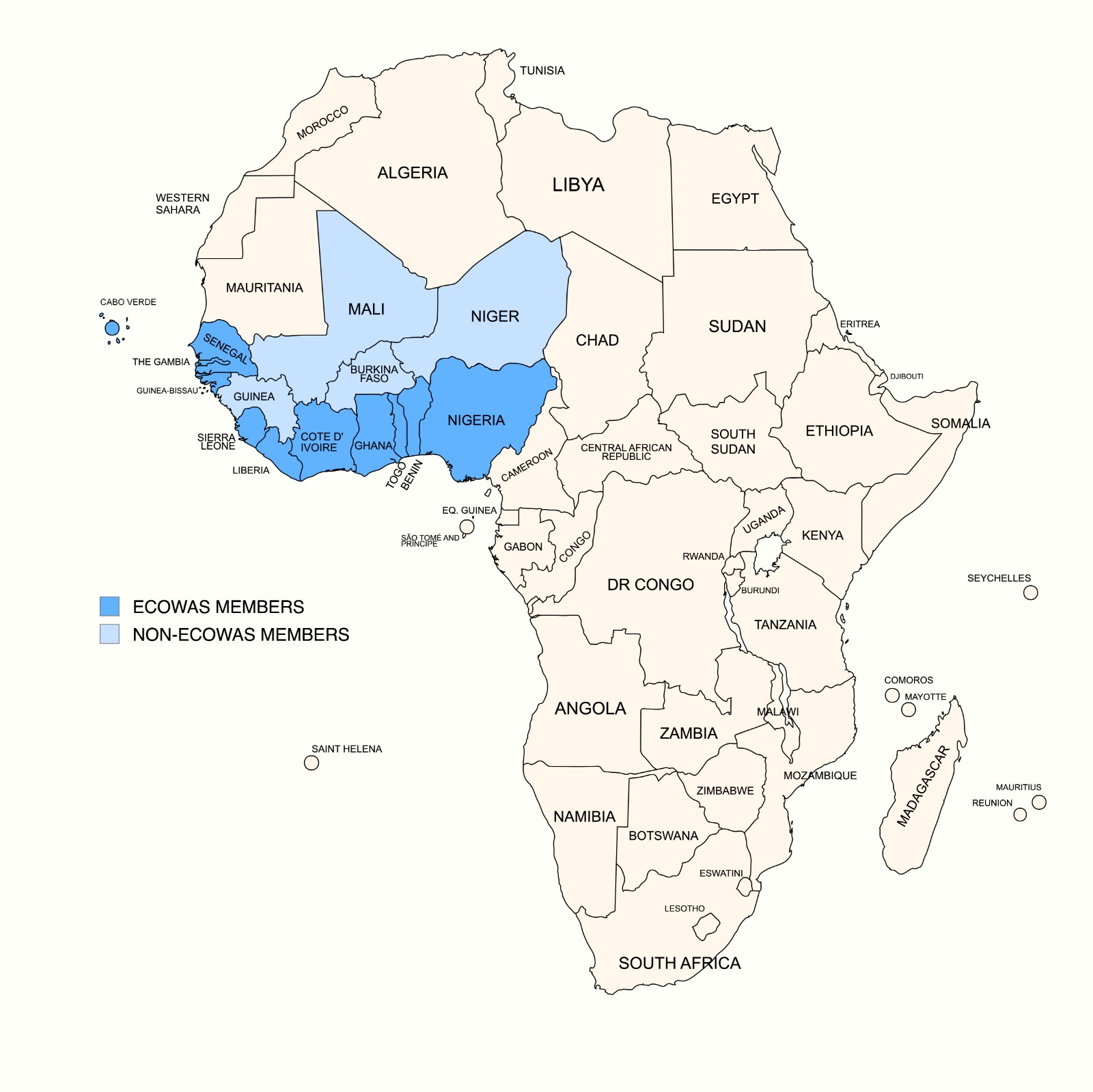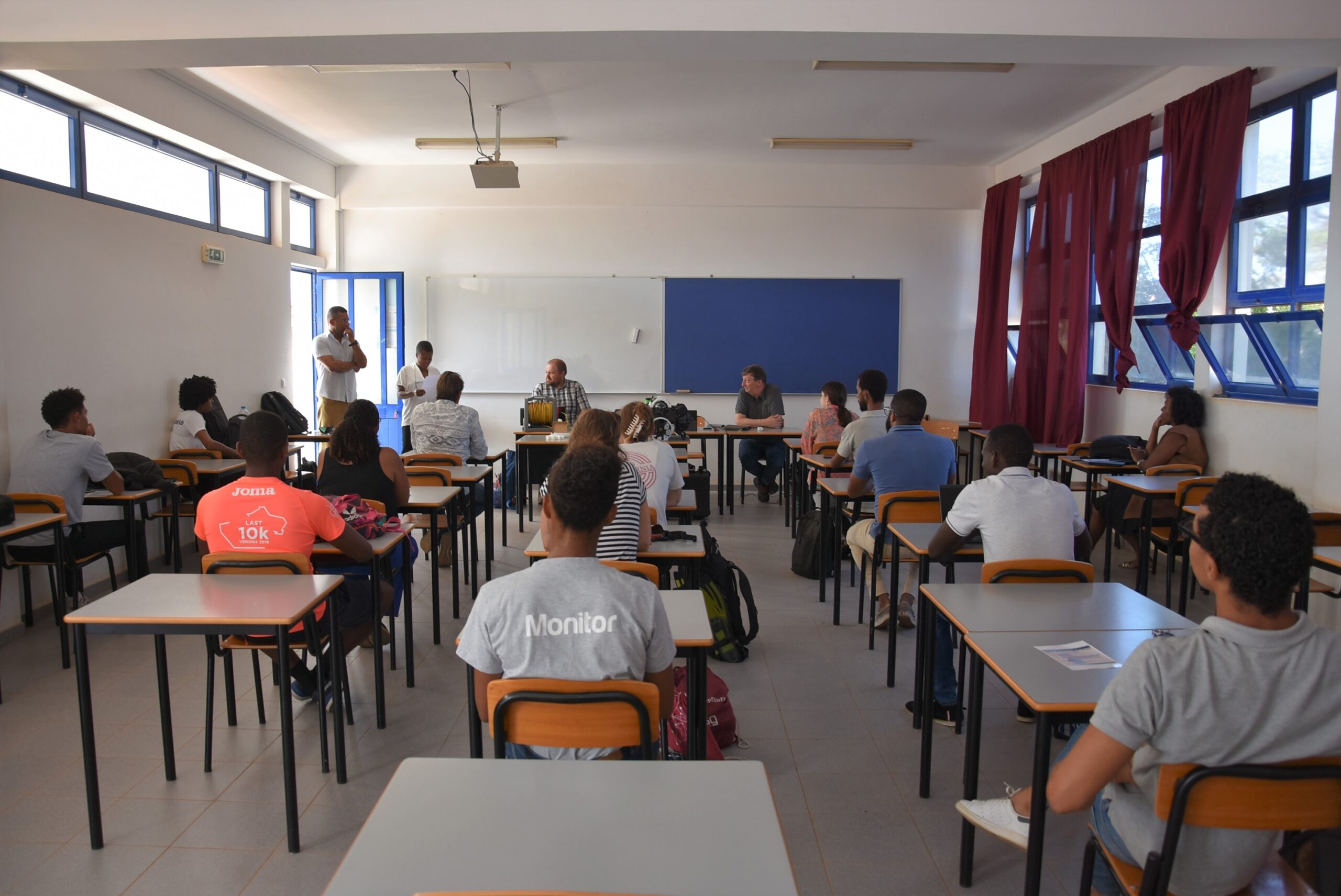PAGE2OT
Pan-Atlantic Graduate Education in Entrepreneurship & Ocean Technology





PAGE2OT is a proposed internship-based Master’s degree program in Ocean Science and Technology, and Ocean Business and Entrepreneurship which will be taught in a West African state (Cabo Verde) and recruit students from both Canada and West Africa. Consistent with African Union policies and Canada’s Africa Strategy, it will be focused on training towards professional careers in the private and NGO sectors.
PAGE2OT will connect Dalhousie University, Nova Scotia Community College (NSCC), the West African Science Service Centre on Climate Change and Adapted Land Use (WASCAL) academic network in West Africa, the Atlantic Technical University (UTA) in Cabo Verde, as well as partners in Germany. It builds on experience with international graduate programs at Dalhousie (e.g. the Transatlantic Ocean System Science & Technology (TOSST) initiative) and on pilot-scale trans-Atlantic training conducted by DOTCAN Institute and West African partners (Women and Youth Technical Capacity for the Blue Economy – WYTEC Blue).
PAGE2OT aims to:
- Provide training in ocean technology relevant to private-sector applications and associated business-related skills.
- Prepare trainees for an increasingly internationalized research, innovation and business environment.
- Build new connections between Canadian and West African academic, private and public institutions.
- Contribute to Canada’s trade and business diversification with the rapidly growing West African sub-region, focusing on opportunities in the Blue Economy.
Program Design and Recruitment
PAGE2OT will be an 18-month internship-based program co-taught in Mindelo, Cabo Verde by experienced faculties and ocean professionals from Canada, Cabo Verde, WASCAL West African state members and GEOMAR in Kiel, Germany. It will integrate expertise and experience of ocean-related businesses from both Canada and West Africa. The program will recruit 12 Canadian and 12 WASCAL-selected West African students. Its location in Cabo Verde overcomes mobility (e.g. visa) restrictions for West African students and offers a unique, inclusive, culturally diverse learning environment for North American students.
In their first year, students will participate in modular (2-week long) Ocean Science and Technology Graduate Level courses, complemented with courses in Entrepreneurship and Business Development. During the second year, students will conduct internships with companies and NGOs active or interested in the West African region. Finally, students will present and discuss their experiences at a PAGE2OT Symposium (likely held in Cabo Verde or Ghana) including pitches of ideas for products and services relevant to the Blue Economy. The Symposium will be attended by ocean professionals from Canada and other participating countries and serve as a career fair and a networking event for ocean businesses.
Training Framework

PAGE2OT will build its teaching program in Cabo Verde: a “Big Ocean State” (and member of ECOWAS) located off the coast of West Africa. It will connect to an existing Master’s program in Climate Change and Marine Sciences taught at UTA and operating under WASCAL, as well as have access to a major local ocean science research centre (OSCM). PAGE2OT will build on and complement this capacity and leverage Cabo Verde’s strategic location as a “window on West Africa,” including its membership of ECOWAS that allows for free trade and student mobility. It exploits the experience of faculties at Dalhousie and NSCC from the earlier Canada-Germany transatlantic graduate school on Ocean Science and Technology (TOSST-HOSST) as well as groundwork done by DOTCAN’s WYTEC Blue program. Finally, it builds on ongoing cooperation between DOTCAN and key ocean technology stakeholders in Canada, Cabo Verde, Ghana, and more West African states.
Mobility, inclusiveness and future relevance
At the core of PAGE2OT program are mobility experiences and Pan-Atlantic peer networking for students, faculties and industry partners, independent of where they come from. Given the rapid growth of youth on the African continent and the rapidly developing economies there, the proposed Master’s program is both novel and forward-looking. The West African location overcomes inequitable mobility restrictions that African students face when pursuing higher education. It will also help to ensure that training focuses on issues and skills relevant to the rapidly growing West African economies. For Canadian students, PAGE2OT will provide a unique learning experience and promote awareness of career opportunities connected with West African challenges and business culture. For Canadian businesses, the program will represent an investment in global youth and build connections to a trained African workforce as well as new business-to-business opportunities.
